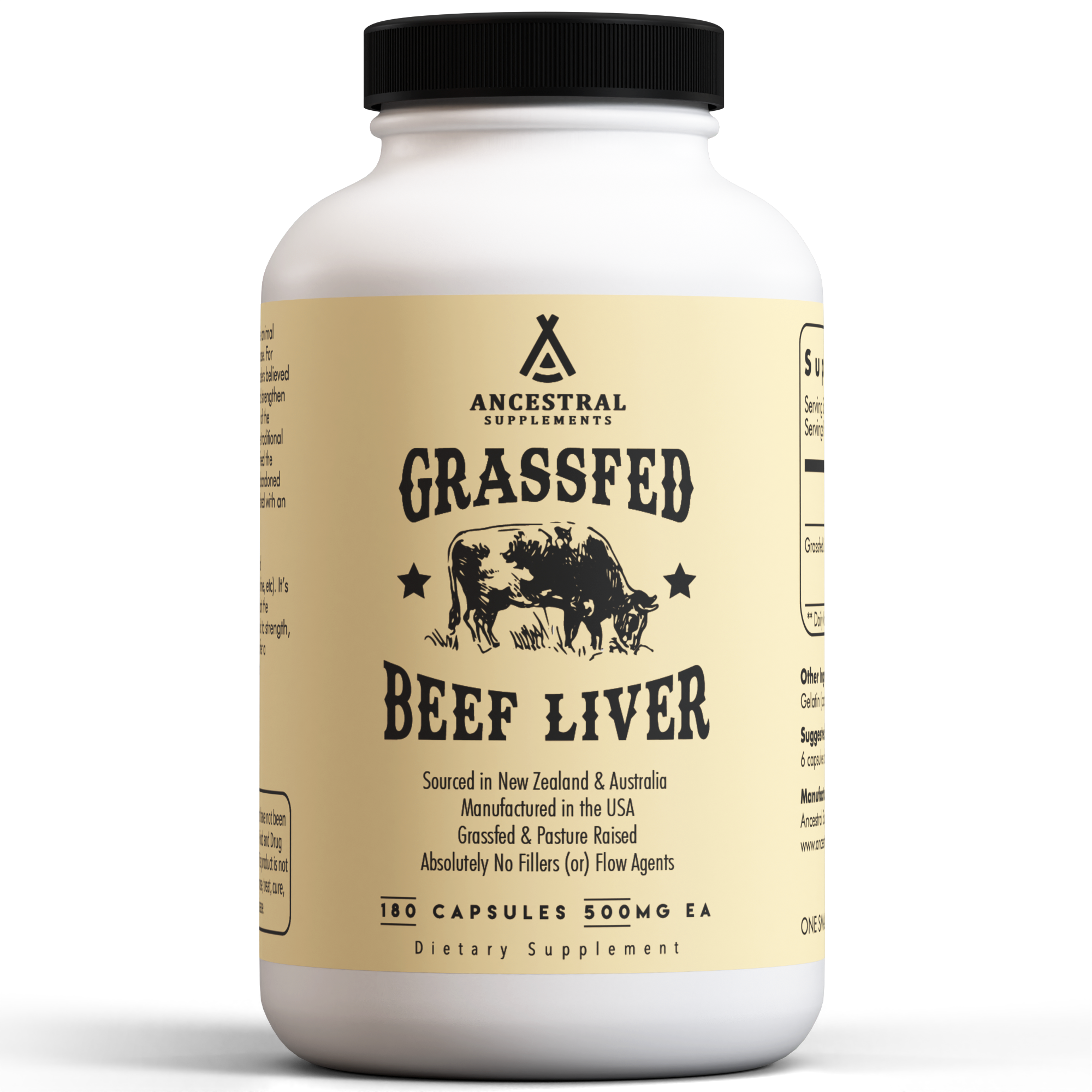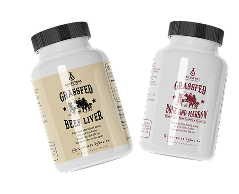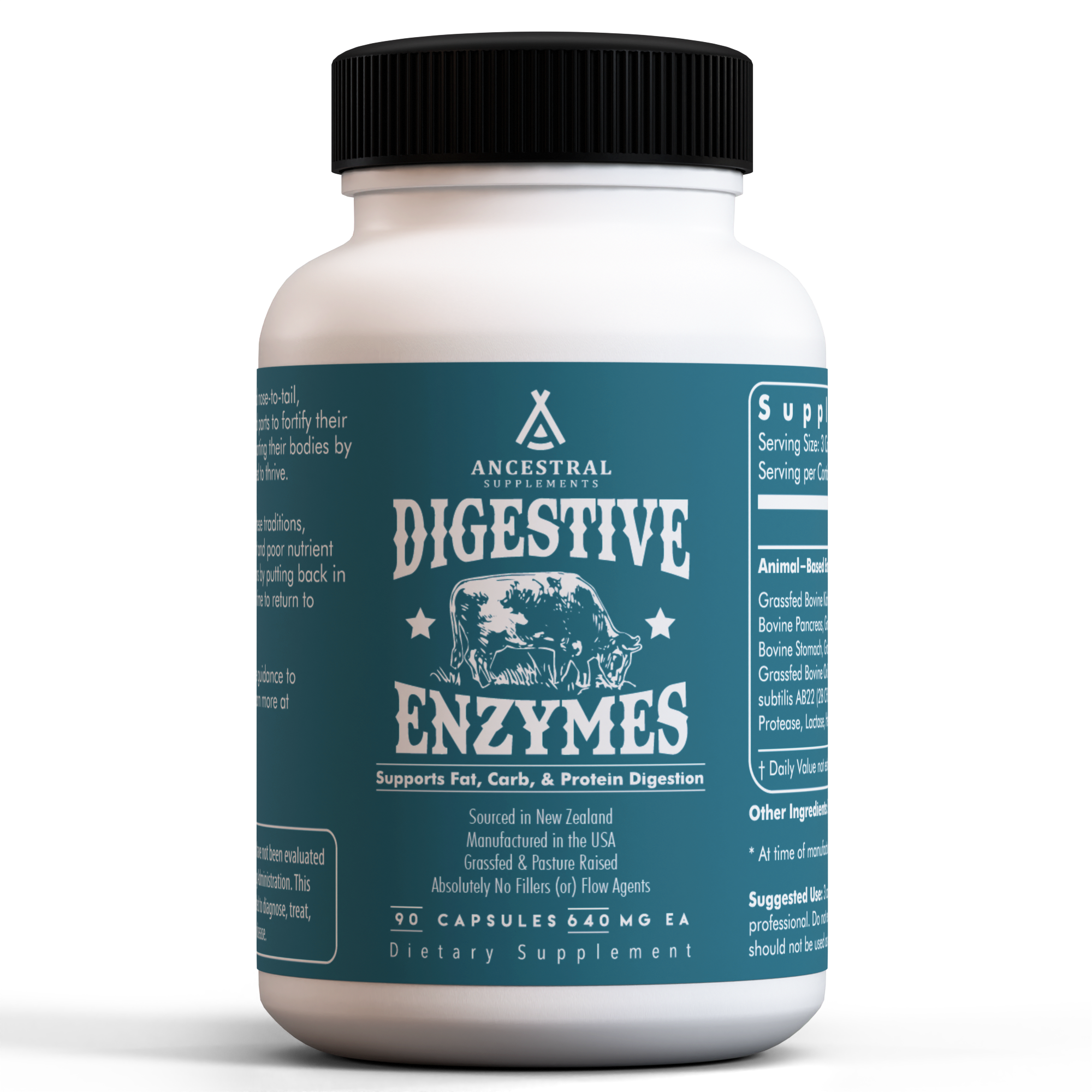The Best Magnesium for Sleep (& Is It Better Than Melatonin?)

Getting good sleep can feel impossible sometimes. If you've been tossing and turning at night, magnesium might be the natural solution you've been looking for. This guide will help you understand which type of magnesium works best for sleep and how to use it safely.
What You Need to Know
-
Why it matters: Magnesium helps your body relax and plays a key role in helping you fall asleep and stay asleep.
-
Best choice: Magnesium glycinate is the top pick for sleep because your body absorbs it well and it has calming effects.
-
Stay safe: Taking the right amount is important to avoid side effects.
What Is Magnesium and Why Do You Need It?
Magnesium is a mineral that your body uses for hundreds of important jobs every day. Think of it as a helper that keeps your muscles working properly and your nervous system calm.
Many people don't get enough magnesium, which can cause problems like:
-
Trouble sleeping
-
Muscle cramps
-
Feeling tired all the time
-
Feeling anxious or stressed
-
Heart rhythm problems
You can find magnesium in different forms as supplements. The most common types are magnesium citrate, magnesium glycinate, and magnesium oxide. Each type works a bit differently in your body.
When it comes to sleep, magnesium is especially helpful. It helps calm your brain's chemical messengers and helps your body make melatonin—the hormone that tells you when it's time to sleep. Getting enough magnesium can help you fall asleep faster and sleep more soundly.
How Magnesium Helps You Sleep Better
Research shows that magnesium really can improve your sleep. Studies have found that people who take magnesium fall asleep faster and sleep longer. In one study with older adults, those taking magnesium supplements fell asleep about 17 minutes faster compared to those taking a placebo.
If you're having trouble sleeping, low magnesium levels might be part of the problem. Research shows a strong connection between magnesium intake and sleep quality. Here's how magnesium helps:
Relaxes your body: Magnesium helps your muscles relax, which is great if you deal with muscle cramps or restless legs at night.
Calms your mind: It works with brain chemicals that help you feel calm and ready for sleep.
Supports your sleep cycle: Magnesium helps your body make melatonin naturally, which keeps your internal clock running smoothly. Clinical studies show that magnesium supplementation increases melatonin levels in the blood.
This is especially helpful for older adults who might have more trouble with muscle tension and sleep problems as they age. Research specifically shows that magnesium supplements can improve sleep quality, reduce the time it takes to fall asleep, and increase total sleep time in elderly people. Taking magnesium regularly can lead to better sleep and feeling more rested during the day.
Which Type of Magnesium Is Best for Sleep?
Not all magnesium supplements work the same way. For sleep, magnesium glycinate is your best bet.
Why Magnesium Glycinate Wins
Magnesium glycinate is special because it's attached to an amino acid called glycine. Recent research shows this combination does two great things:
-
Your body absorbs it really well
-
Glycine itself helps you relax and sleep better
This means you get double the sleep benefits with fewer stomach problems that sometimes come with other types of magnesium.
Other Types You Might See
Magnesium citrate: Works well and can help if you have constipation, but it might cause loose stools if you take too much.
Magnesium oxide: Has a lot of magnesium in it, but your body doesn't absorb it as well. Better for fixing serious magnesium shortage.
Magnesium chloride: Absorbs well and can help raise your magnesium levels, but it's not specifically aimed at helping sleep.
Some sleep supplements combine magnesium glycinate with other natural sleep helpers like lemon balm or valerian root. Studies show these combinations can work even better for some people.
What to Watch Out For
Magnesium is generally safe, but taking too much can cause problems. The most common side effects happen in your stomach:
-
Diarrhea
-
Nausea
-
Stomach cramps
To avoid these problems, stick to the recommended dose on the bottle or what your doctor suggests.
Taking way too much magnesium can cause serious problems like irregular heartbeat or very low blood pressure. This is rare, but it's why following dosage instructions is so important.
Be extra careful if you have:
-
Kidney problems
-
Heart conditions or take heart medications
-
Digestive issues that affect how you absorb nutrients
Always check with your healthcare provider before starting magnesium supplements, especially if you take other medications.
Getting Magnesium From Food
You can also boost your magnesium levels by eating magnesium-rich foods. This is actually a great way to get magnesium because foods give you other helpful nutrients too.
Foods rich in magnesium include:
-
Dark leafy greens (spinach, kale)
-
Nuts and seeds (especially pumpkin seeds)
-
Whole grains
-
Beans and lentils
-
Avocados
-
Dark chocolate (yes, really!)
Eating a variety of magnesium-rich foods helps keep your levels steady and supports your overall health. If you can't get enough from food alone, supplements can help fill the gap.
Can You Take Magnesium Every Night?
Yes, research shows it's generally safe to take magnesium every night for sleep. Many people find that regular use works better than taking it just once in a while.
Taking magnesium nightly can help:
-
Keep your sleep patterns consistent
-
Build up your body's magnesium levels over time
-
Provide ongoing muscle relaxation
Tips for taking magnesium for sleep:
-
Start with a smaller dose and increase gradually
-
Take it about 30–60 minutes before bedtime
-
Be consistent with timing
-
Give it a few weeks to see full effects
If you're new to magnesium supplements, starting slow helps your body adjust and reduces the chance of stomach upset.
Magnesium vs. Melatonin: Which Is Better?
This is a common question, and the answer depends on what kind of sleep troubles you have.
Magnesium is better if:
-
You want something safe for long-term use
-
You have muscle tension or cramps at night
-
You want to support your body's natural sleep processes
-
You're looking for overall health benefits beyond just sleep
Melatonin might be better if:
-
You need help with jet lag or shift work
-
You want something that works quickly for short-term problems
-
You have trouble with your sleep-wake cycle
Magnesium actually helps your body make its own melatonin, so it's supporting your natural sleep system rather than replacing it. For most people looking to improve their sleep long-term, magnesium is often the better choice.
A Comprehensive Approach to Magnesium
While magnesium glycinate is the gold standard for sleep, getting the right form with supporting nutrients can make all the difference. Ancestral Minerals provides magnesium glycinate alongside a complete spectrum of essential minerals that work together to support better sleep.
This comprehensive formula doesn't just give you isolated magnesium - it provides the mineral in its most bioavailable form (glycinate) while including other sleep-supporting nutrients like calcium, potassium, and zinc. These minerals work synergistically, just like they would in nature, to enhance magnesium's calming effects.
The ancient sea salt, Atlantic kelp, and wildflower bee pollen in this blend provide these minerals in their natural, whole food forms that your body recognizes and absorbs efficiently. This means you're not just getting magnesium for sleep - you're getting a complete mineral foundation that supports your body's natural relaxation processes.
When minerals work together rather than in isolation, they can be more effective at promoting the deep, restorative sleep your body needs to function at its best.
With the right approach, magnesium can help you finally get the restful sleep you've been looking for. Sweet dreams!





















